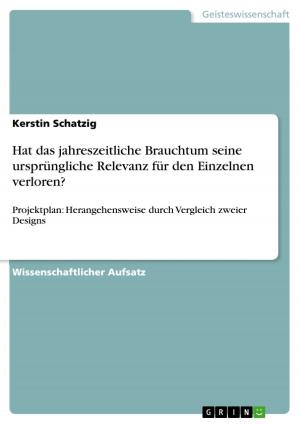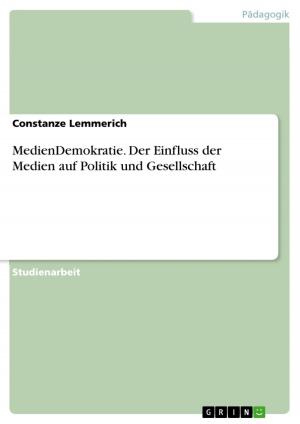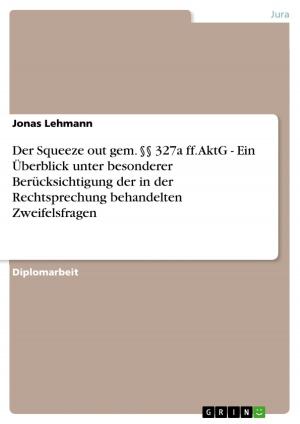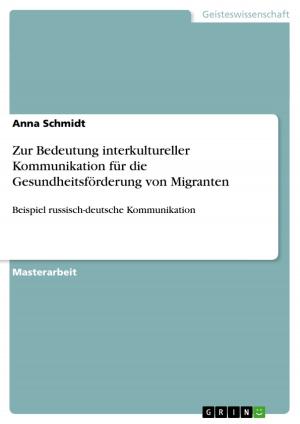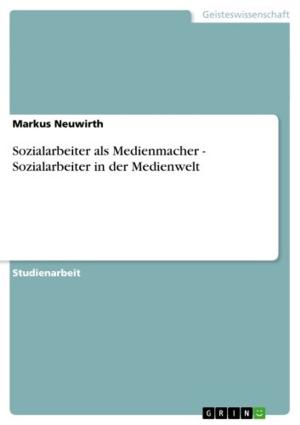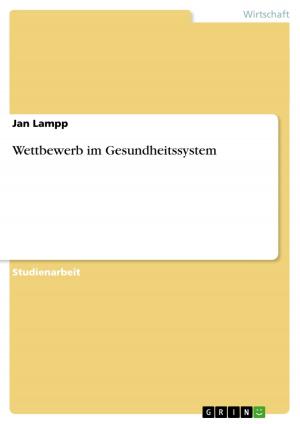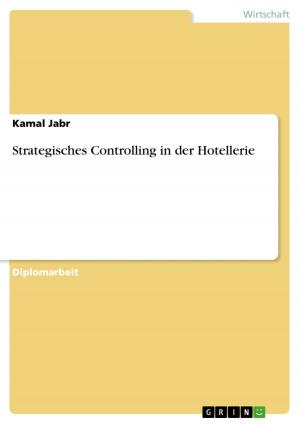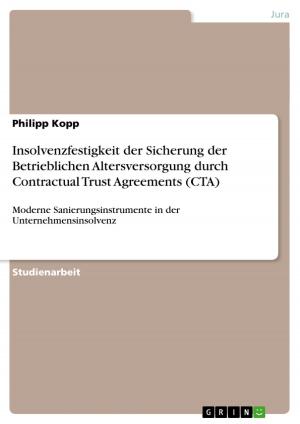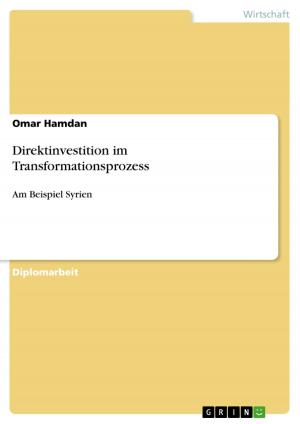Complaint Management Unlocked. The effects of different variations of reactive versus proactive webcare on consumer responses and the mediating effect of customer expectations
The effects of different variations of reactive versus proactive webcare on consumer responses and the mediating effect of customer expectations
Business & Finance, Marketing & Sales| Author: | Anika Kunz | ISBN: | 9783656579939 |
| Publisher: | GRIN Verlag | Publication: | January 22, 2014 |
| Imprint: | GRIN Verlag | Language: | English |
| Author: | Anika Kunz |
| ISBN: | 9783656579939 |
| Publisher: | GRIN Verlag |
| Publication: | January 22, 2014 |
| Imprint: | GRIN Verlag |
| Language: | English |
Master's Thesis from the year 2013 in the subject Communications - Public Relations, Advertising, Marketing, Social Media, grade: 7,3 out of 10 (B), University of Amsterdam (Graduate School of Communicatin), course: Communication Science (Persuasive Communication), language: English, abstract: Online platforms empower consumers to share their negative experiences with a broad public of fellow consumers on the Internet. Complaints expressed as negative electronic word of mouth (nWOM) have a great potential to damage companies accused in these publicly made complaints. This study investigates upon the most effective means for companies to counter nWOM by means of webcare. The results show that a loss of satisfaction and trust as well as negative eWOM behaviour after a service failure can be positively influenced depending on the content of a webcare response (accommodative vs. notice). These effects appear to be mediated by consumers' expectations. Furthermore, although webcare communication strategy (proactive vs. reactive) does not influence satisfaction, trust and negative eWOM behaviour of senders of nWOM, the results show an influence of webcare communication strategy on positive eWOM behaviour. The findings of this study are discussed in the light of the potential of webcare to serve as a tool for online complaint management.
Master's Thesis from the year 2013 in the subject Communications - Public Relations, Advertising, Marketing, Social Media, grade: 7,3 out of 10 (B), University of Amsterdam (Graduate School of Communicatin), course: Communication Science (Persuasive Communication), language: English, abstract: Online platforms empower consumers to share their negative experiences with a broad public of fellow consumers on the Internet. Complaints expressed as negative electronic word of mouth (nWOM) have a great potential to damage companies accused in these publicly made complaints. This study investigates upon the most effective means for companies to counter nWOM by means of webcare. The results show that a loss of satisfaction and trust as well as negative eWOM behaviour after a service failure can be positively influenced depending on the content of a webcare response (accommodative vs. notice). These effects appear to be mediated by consumers' expectations. Furthermore, although webcare communication strategy (proactive vs. reactive) does not influence satisfaction, trust and negative eWOM behaviour of senders of nWOM, the results show an influence of webcare communication strategy on positive eWOM behaviour. The findings of this study are discussed in the light of the potential of webcare to serve as a tool for online complaint management.




